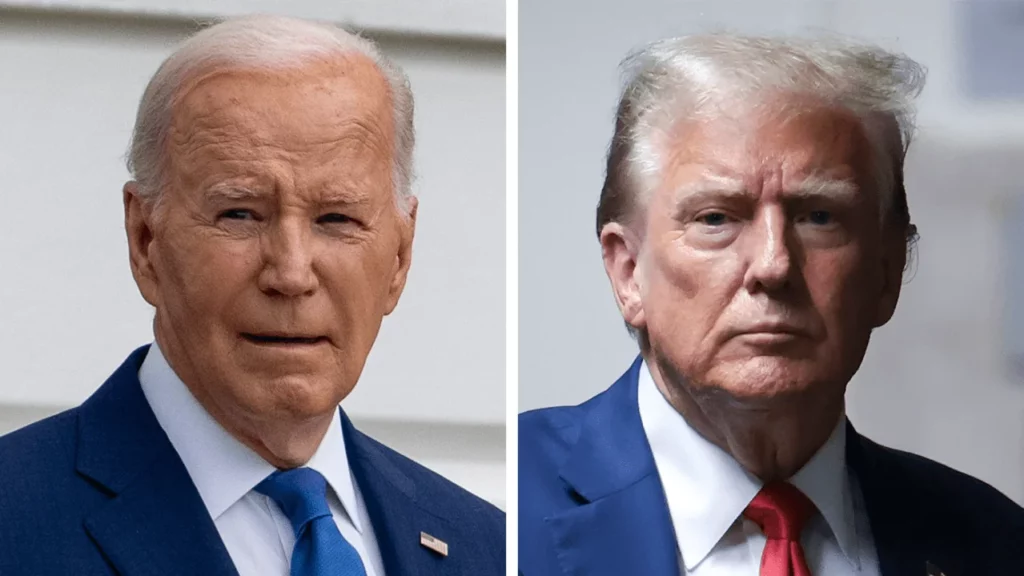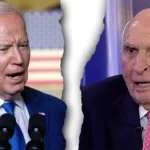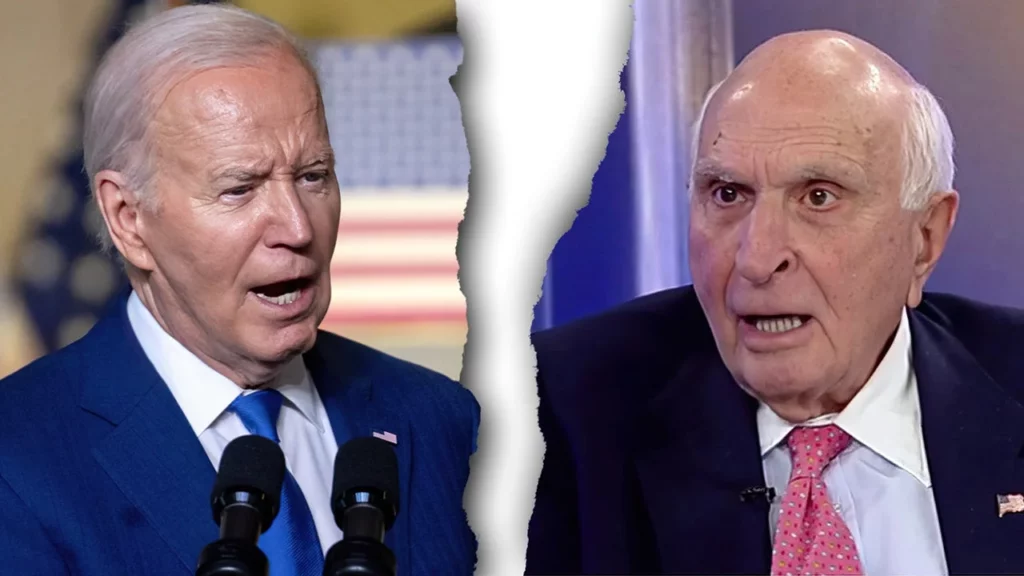Trump’s 2024 Campaign: Potential Impact on U.S. Democracy
Historical Context and Current Concerns
Donald Trump’s bid for the 2024 presidency raises significant questions about the future of American democracy. Historically, the GOP has faced accusations of electoral manipulation, which has evolved into a more systemic challenge with the rise of election deniers. Trump’s repeated false claims about the 2020 election have fueled a narrative that undermines trust in the electoral process.
In the 2024 campaign, Trump continues to exploit these tactics, encouraging state legislatures to adopt the independent state legislature theory, which would grant them unprecedented control over federal elections. This approach could enable partisan lawmakers to override the popular vote, a scenario that presents a direct threat to democratic norms.
Legal and Political Ramifications
The Supreme Court’s involvement in cases related to electoral disputes, such as Moore v. Harper, could further entrench these practices. The court’s decisions will play a critical role in determining whether state legislatures can unilaterally decide electoral outcomes. This potential shift in power dynamics poses a grave risk to the integrity of future elections, as it might allow partisan interests to dominate the democratic process.
Moreover, Trump’s influence over the judiciary, with numerous appointees in key positions, raises concerns about the impartiality of legal proceedings. His rhetoric against the judiciary and attempts to dismiss legal challenges against him exacerbate these worries. The possibility of Trump using presidential powers to shield himself from prosecution if re-elected highlights the stakes involved in the upcoming election.
Democratic Response and Voter Mobilization
Democratic leaders, including figures like Liz Cheney and Jamie Raskin, emphasize the need to communicate the severity of these threats to the public. They argue that voters must understand the implications of Trump’s actions and the necessity of protecting democratic institutions. Mobilizing voters to participate in large numbers is seen as a crucial strategy to counteract potential electoral manipulation and ensure fair outcomes.
As the nation approaches the 2024 election, the discourse around electoral integrity and the role of the judiciary will remain pivotal. How will the American electorate respond to these challenges, and what measures will be taken to safeguard democracy?





